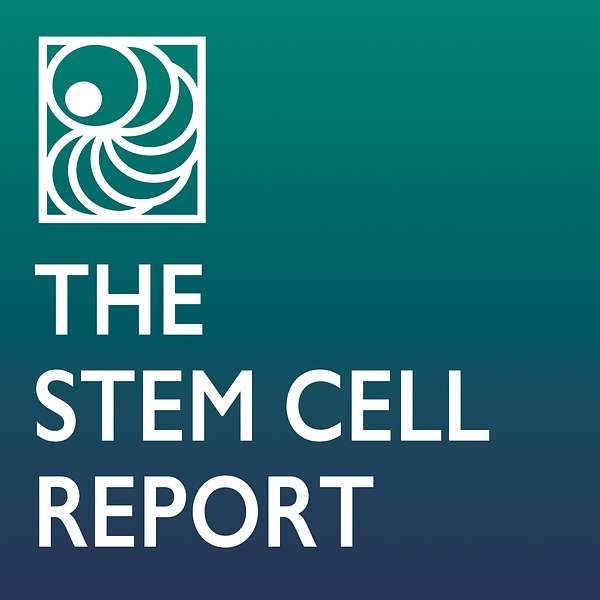
The Stem Cell Report with Janet Rossant
Stem cell science has catapulted to the forefront of biomedical research over the last decade, bringing with it the potential to transform human health and the treatment of devastating diseases and disorders. Janet Rossant, an internationally recognized stem cell pioneer and the dynamic editor-in-chief of Stem Cell Reports, explores basic discoveries in stem cell research and its application. Dr. Rossant goes “beyond the paper,” bringing authors together to draw new insights and explore the questions and creativity that drive new breakthroughs. Stem Cell Reports, published by the International Society for Stem Cell Research (ISSCR), is an open-access, peer reviewed journal that supports the field of stem cell research and regenerative medicine.
The Stem Cell Report with Janet Rossant
Setting the Standards for Human Stem Cell Research
Use Left/Right to seek, Home/End to jump to start or end. Hold shift to jump forward or backward.
Human stem cell technology has led to remarkable insights into human biology in health and disease. However, for the results and outputs from this research to be accurate, meaningful, and durable, it is important that the field have agreed upon standards that ensure reproducibility and reliability of the data. The International Society for Stem Cell Research (ISSCR) has developed a set of recommendations, including reporting criteria, for scientists in basic research laboratories. These criteria are designed to be technically and financially feasible and, when implemented, to enhance the reproducibility and rigor of stem cell research.
The guests on this episode recently served as the co-chairs of the ISSCR Standards Task Force that developed the “Standards for Human Stem Cell Use in Research" and will discuss the need for the standards, the challenges they faced, and how they will help advance the field. The initiative was made possible through contributions from the Burroughs Wellcome Fund, Doris Duke Foundation, and the Simons Foundation Autism Research Initiative.
Guests
Tenneille Ludwig is a Senior Scientist and Director of the WiCell Stem Cell Bank in Madison Wisconsin. As a postdoctoral fellow, Tenneille developed the TeSR media, the first defined, feeder-independent culture media for human embryonic stem cells. She holds leadership roles in numerous international efforts to improve the standards, characterization and banking of pluripotent stem cells including serving on the International Stem Cell Initiative and International Stem Cell Banking Initiative. Currently, Tenneille serves on the ISSCR’s Manufacturing, Clinical Translation, and Industry Committee and co-chaired the ISSCR’s Standards Task Force that developed the new document, “Standards for Human Stem Cell Use in Research.”
Peter Andrews is Professor Emeritus at the University of Sheffield in the UK. A founder of the field of human pluripotency, Peter has had a distinguished career studying embryonal carcinoma cells and human embryonic stem cells and was the first to discover that human pluripotent stem cells could develop genetic abnormalities during long term culture. He chaired the International Stem Cell Initiative, the first international effort to standardize methods for the characterization of human embryonic stem cells. Most recently, he co-chaired the ISSCR’s Standards Task Force that developed the new document, “Standards for Human Stem Cell Use in Research.”
Host
Martin Pera, Editor-in-Chief, Stem Cell Reports and The Jackson Laboratory
@martinperaJAX
Supporting Content
https://www.isscr.org/standards
https://www.isscr.org/standards-document
About ISSCR
With more than 4,600 members from 75+ countries, the International Society for Stem Cell Research (@ISSCR) is the preeminent global, cross-disciplinary, science-based organization dedicated to stem cell research and its translation to the clinic. The ISSCR mission is to promote excellence in stem cell science and applications to human health.
ISSCR Staff
Keith Alm, Chief Executive Officer
Yvonne Fisher, Managing Editor, Stem Cell Reports
Kym Kilbourne, Director of Media and Strategic Communications
Jack Mosher, Scientific Advisor
Voice Work
Ben Snitkoff